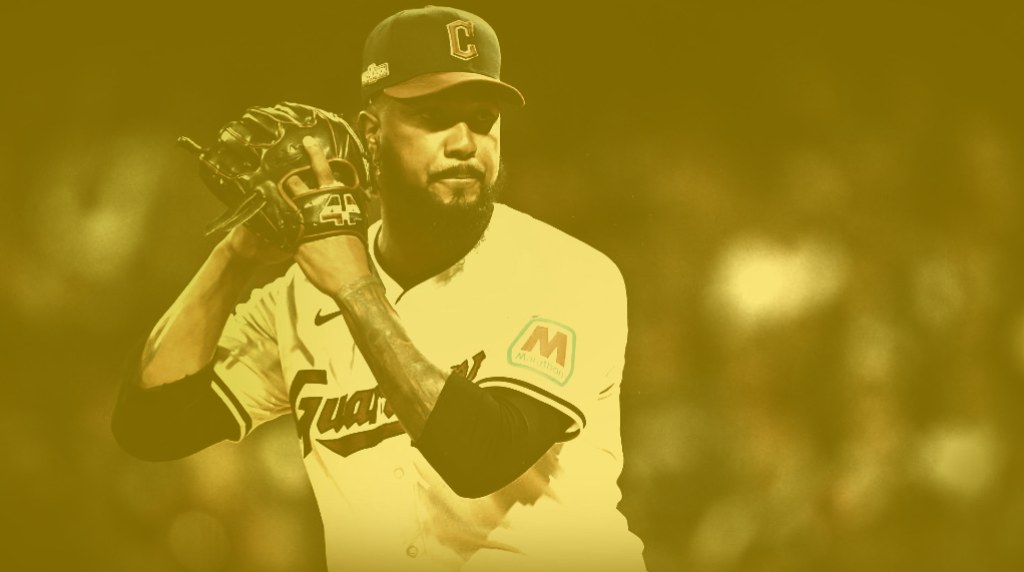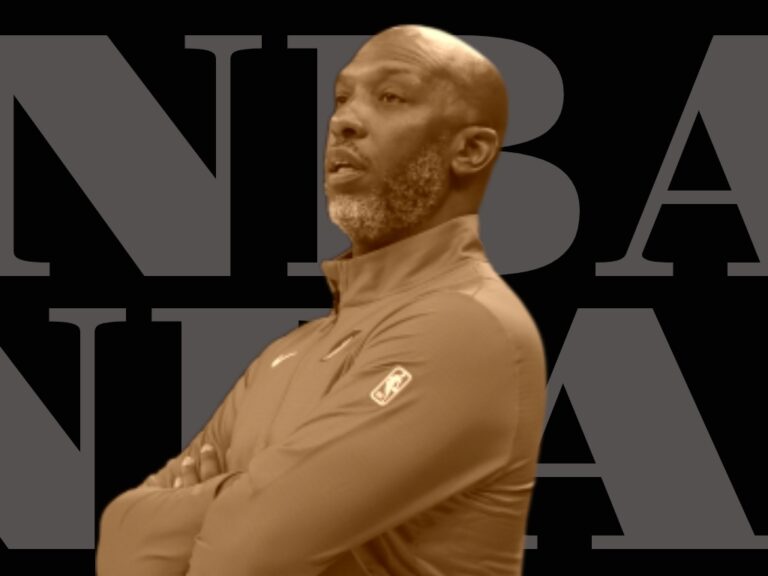
The news is unsettling. Two Cleveland Guardians pitchers are suspended over allegations they manipulated specific in-game outcomes for betting purposes. This immediately led to familiar calls from critics to ban player proposition bets entirely. This reaction, while understandable, is a classic case of using a sledgehammer to crack a nut. A blanket ban on these popular wagers is a significant overreach that ignores how and why these integrity issues are being discovered in the first place.
Sports betting safeguards in place are working
Let’s be clear: the incidents involving these pitchers (Luis Ortiz and Emmanuel Clase), and the Jontay Porter scandal that rocked the NBA, are evidence of a system that is working.
These athletes were not caught by random luck. They were flagged by the very integrity monitoring systems that legal sports betting requires. Data security companies and sportsbook operators detected unusual betting patterns on niche markets and alerted the leagues. The system successfully identified the problem, which is its entire purpose.
The reality is that prop bets on an individual player’s performance, especially obscure “microbet” markets, draw very little betting volume compared to wagers on the outcome of a game. These are not billion dollar markets. Because they are so small, a sudden influx of money on a specific, unusual outcome is easy for monitoring systems to spot. In this sense, the legal framework is creating a paper trail that makes it harder, not easier, for athletes to get away with misconduct.
Sportsbook operators are not passive observers in this. They actively limit their own risk on these types of bets. Go ahead and try to place a large wager on a pitcher’s third inning strikeout total. You will likely find your bet limited to a small amount, often just a few hundred dollars. If too much money comes in on one side of a prop bet, the line is moved aggressively or taken off the board entirely. These are not wide open, easily exploited markets.
Limited odds markets are a smart compromise
This is not to say that no changes are needed. A sensible compromise could be to restrict prop betting markets to more established athletes. A player on a guaranteed, long term contract worth millions of dollars is far less likely to risk his career for a few thousand dollars. The athletes who are most vulnerable are those on minimum salary, two way contracts who can be more easily influenced. Restricting props for this group would be a targeted and logical protective measure.
College athlete prop bets should be prohibited
Where a firm line should be drawn, in our opinion, is with college athletics. A handful of states have already prohibited player props on collegiate games, and this is a wise move. College athletes are amateurs and are far more susceptible to outside pressures. Keeping the focus on team performance rather than individual statistics is a prudent measure to protect both the players and the integrity of the games they play.
Ultimately, eliminating all prop bets would punish millions of responsible fans for the poor decisions of a few individuals. The current crisis is not a sign of a failed system, but of a young and vigilant one that is actively rooting out corruption. The solution is not prohibition, but refinement.




